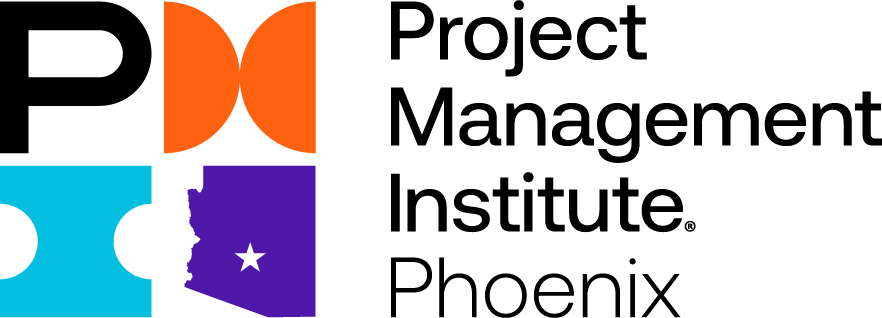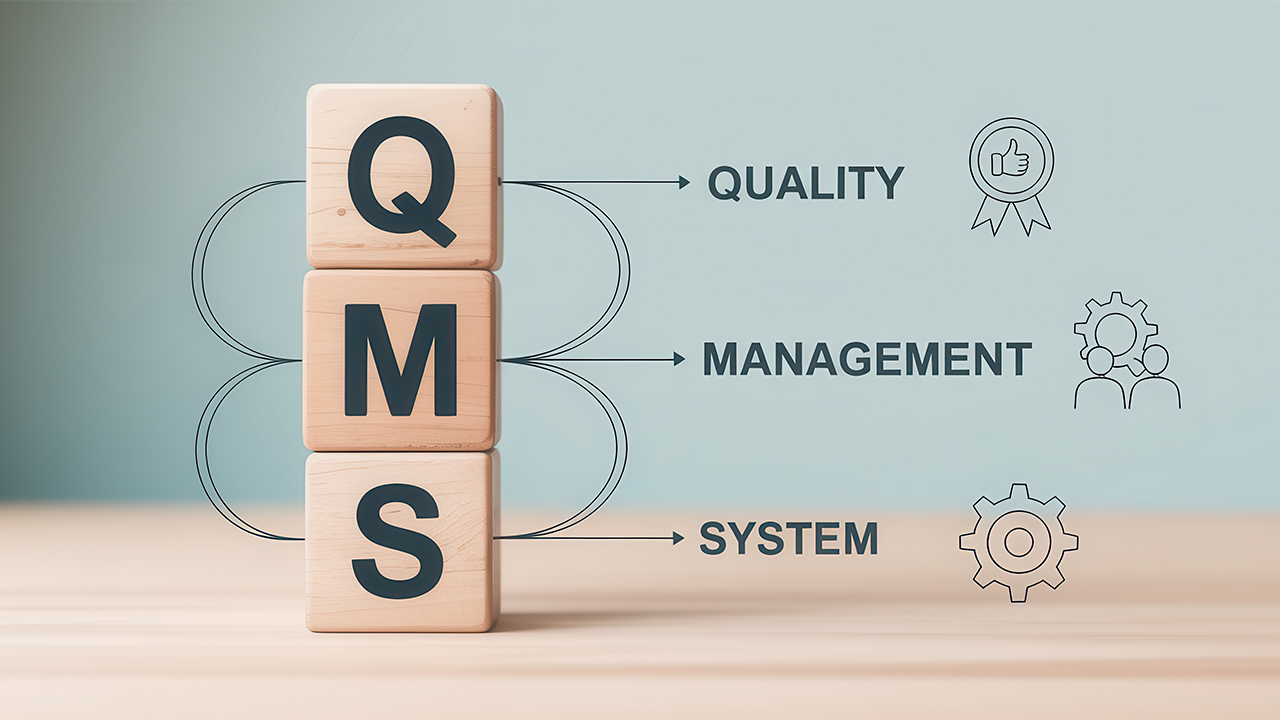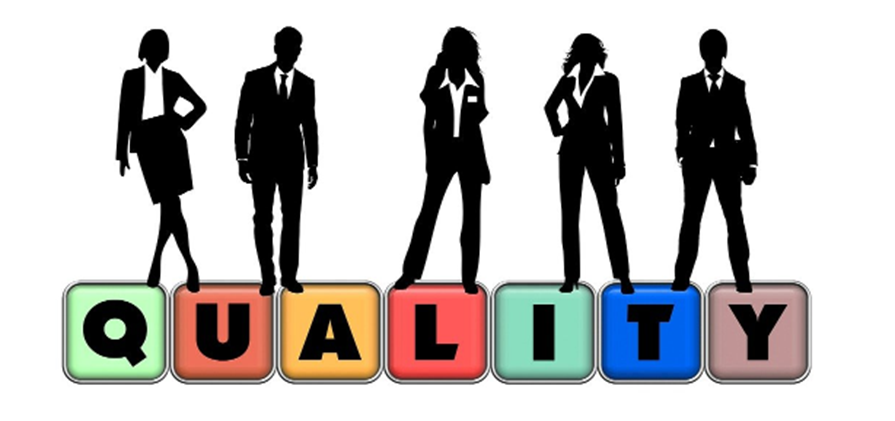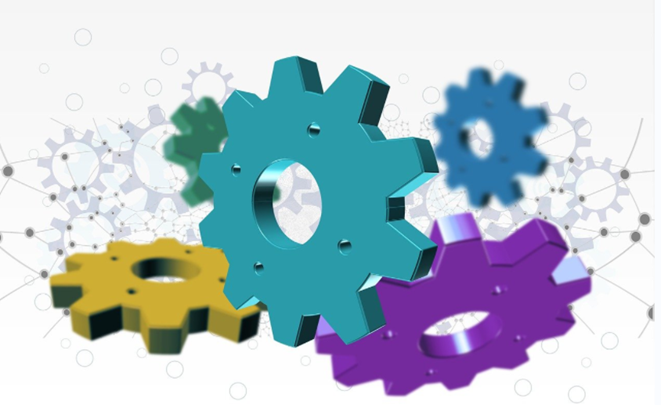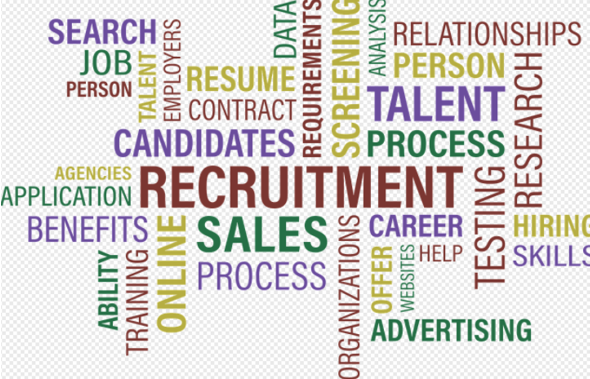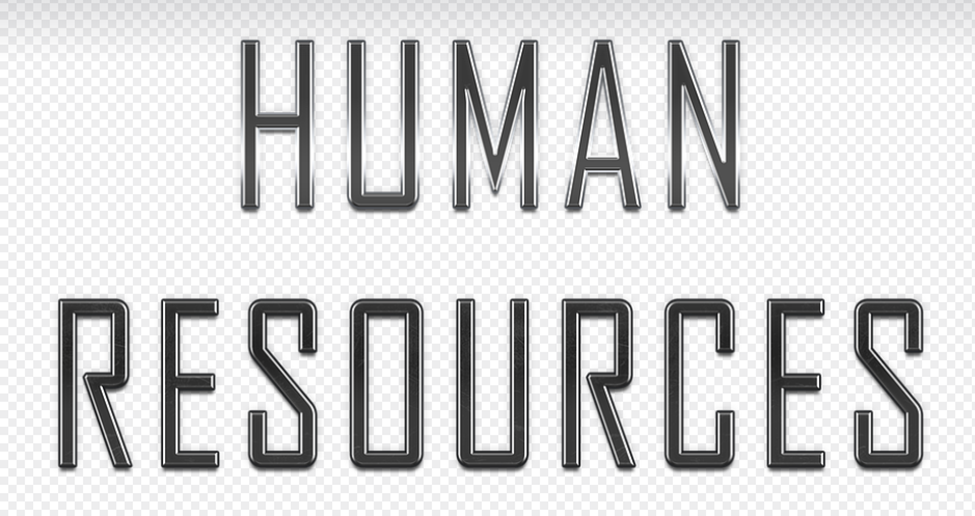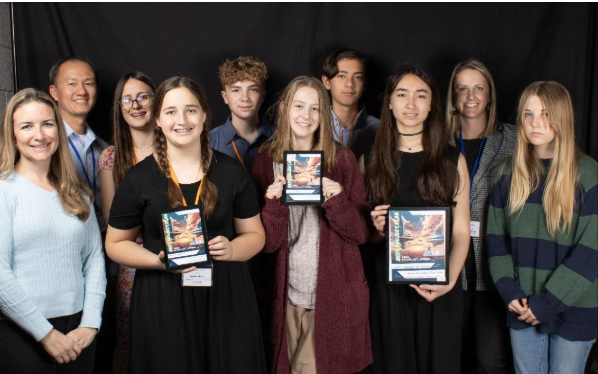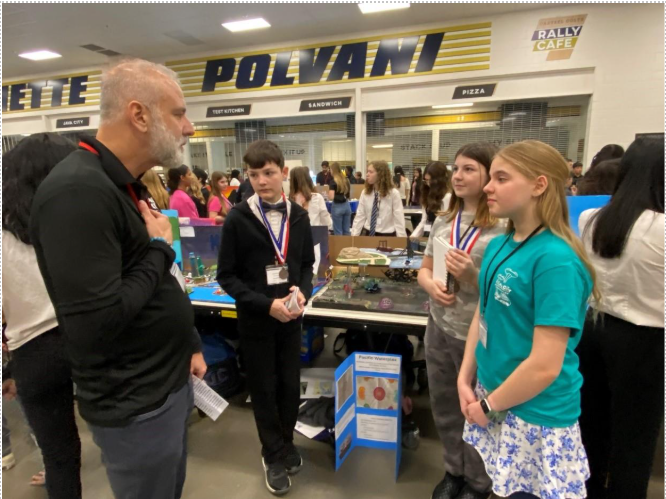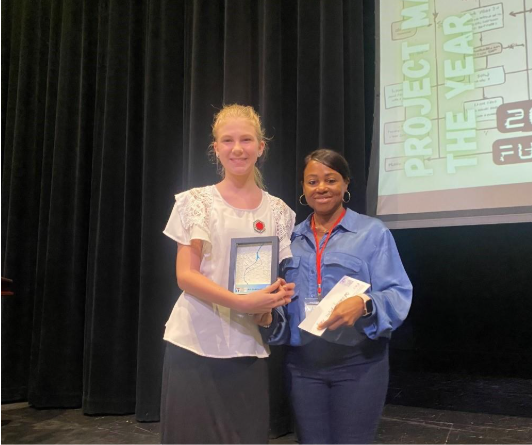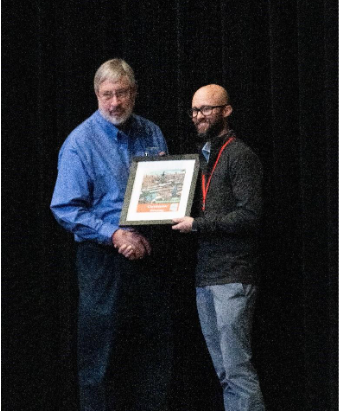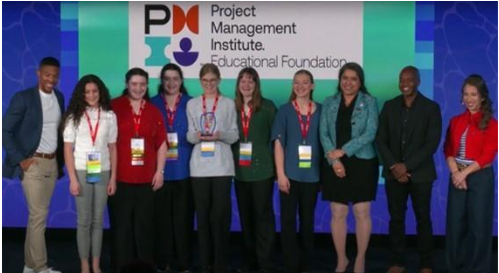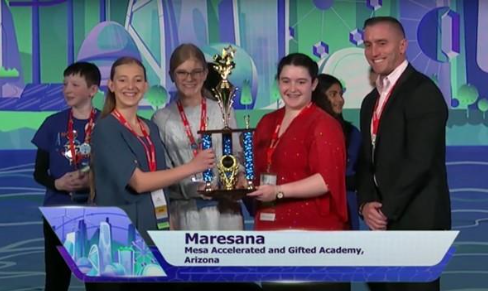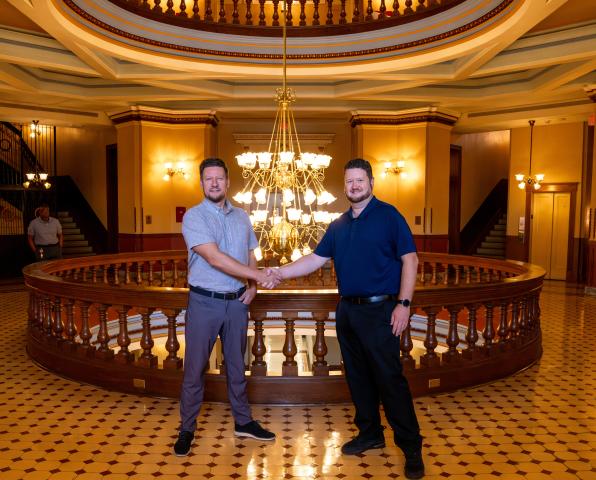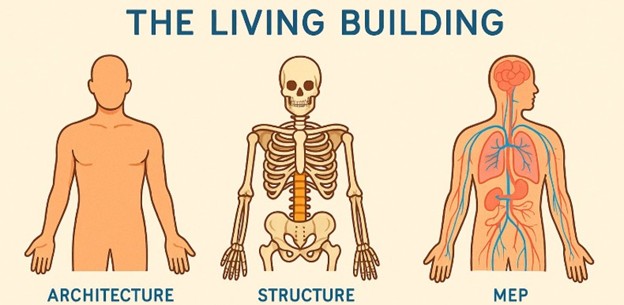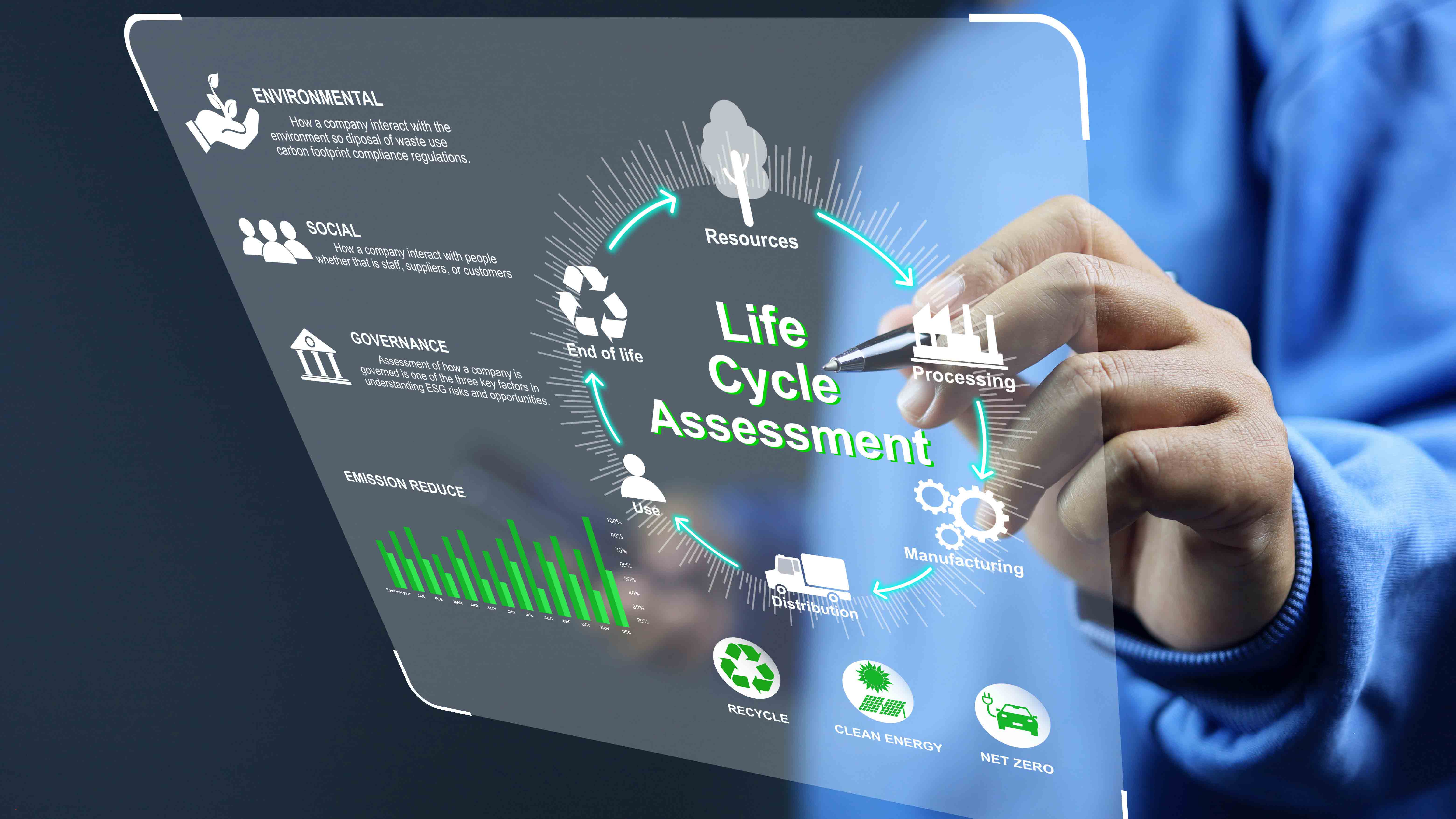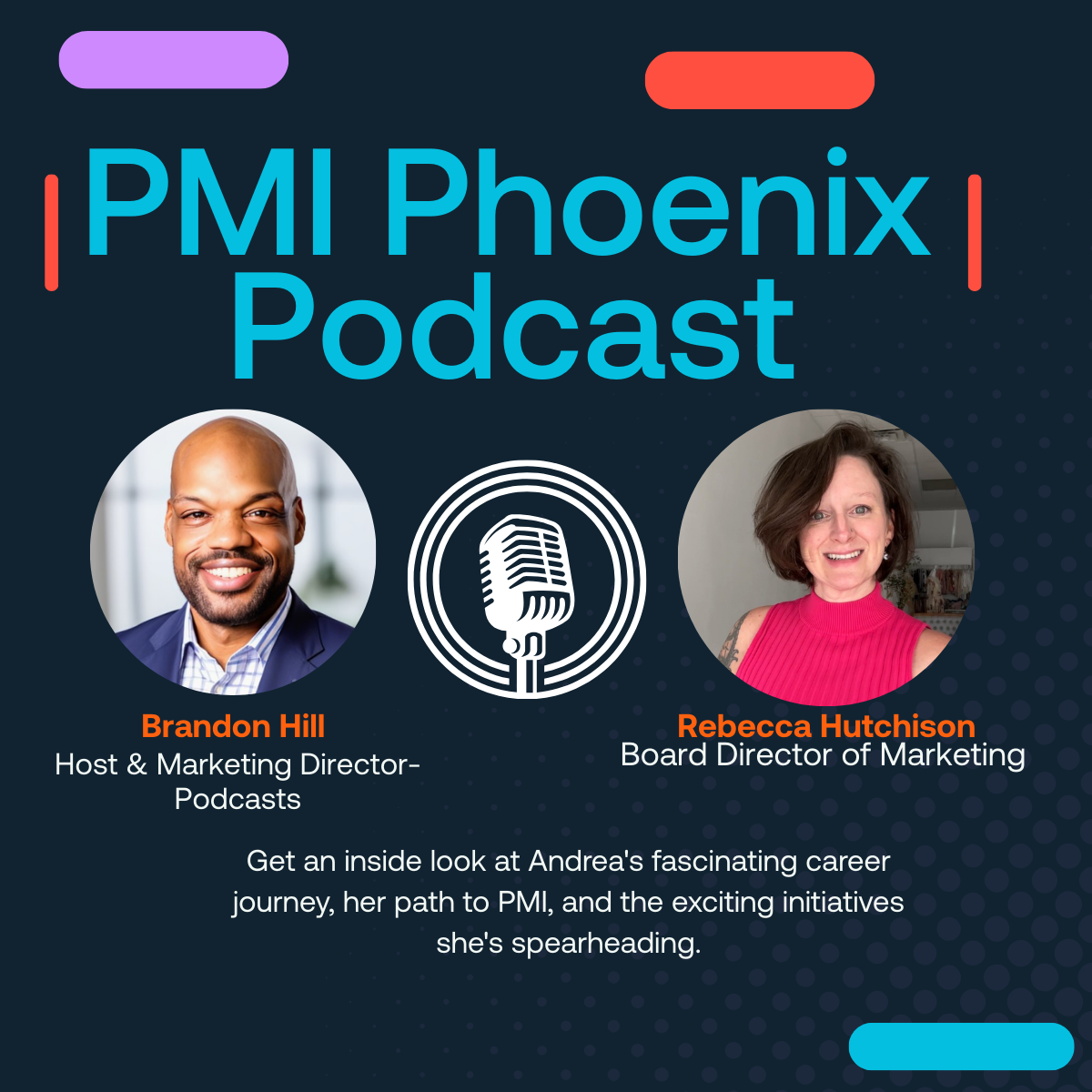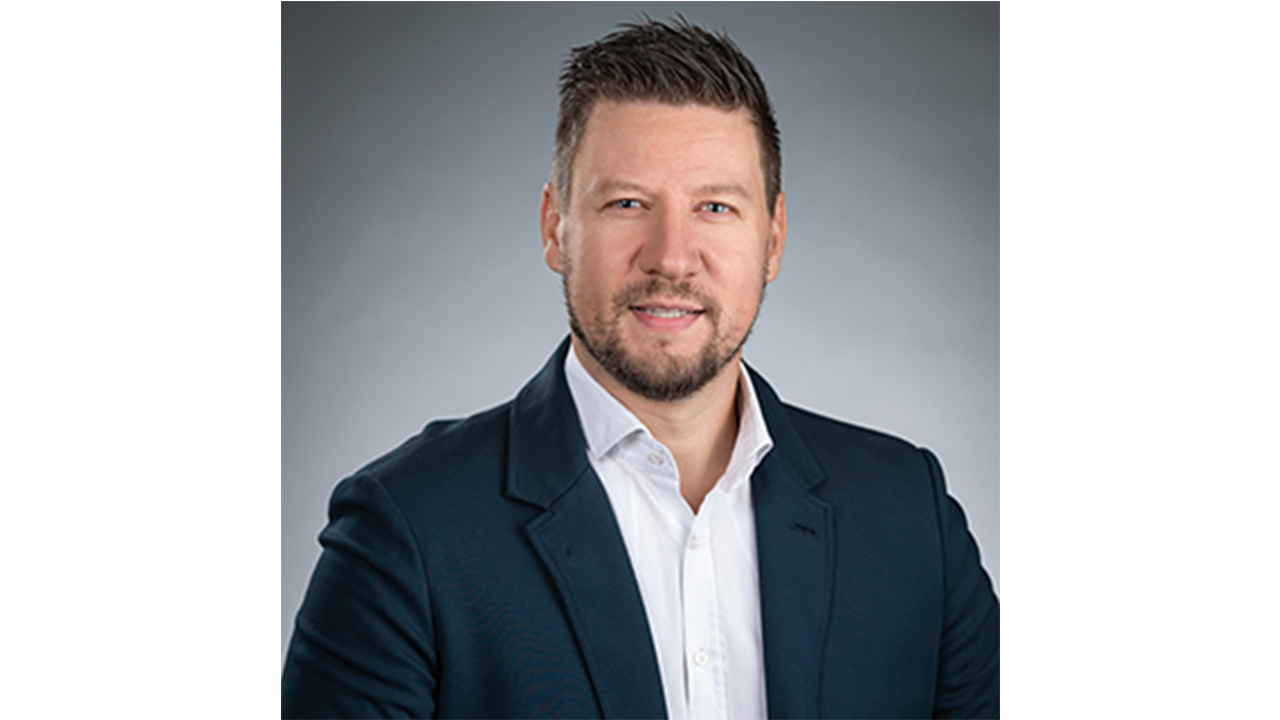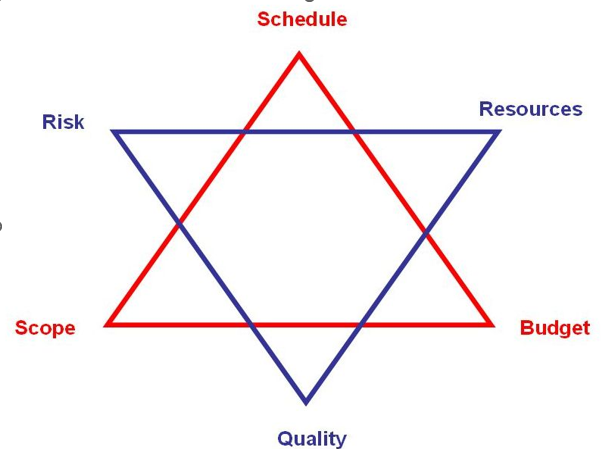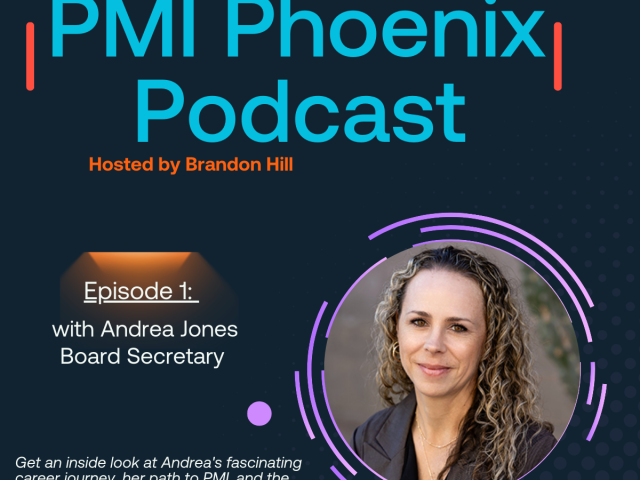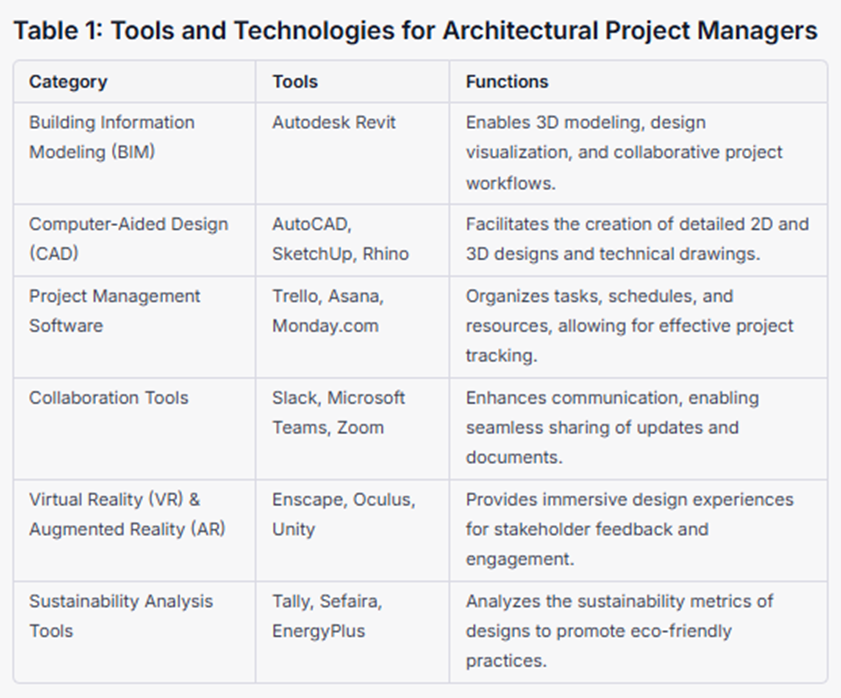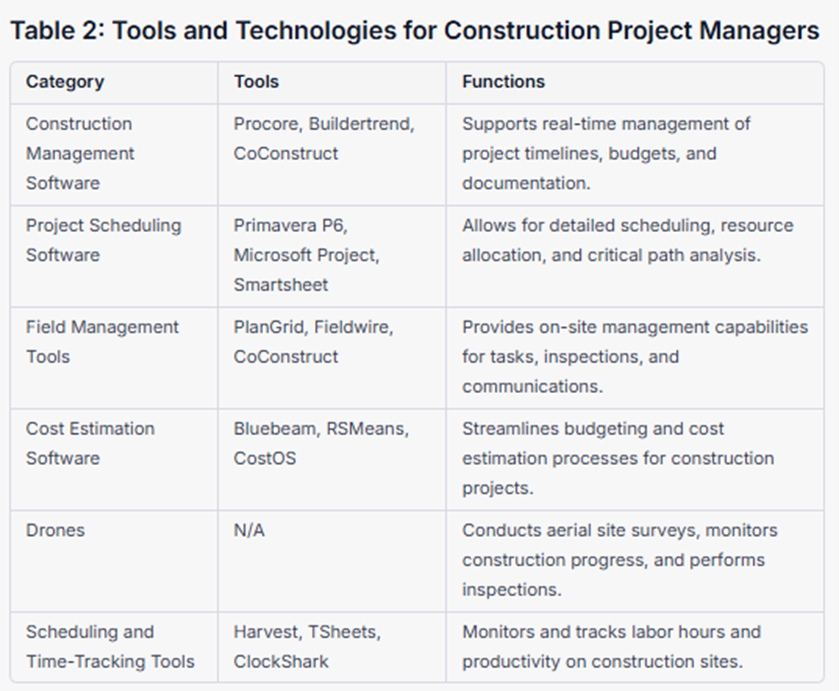Funding Strategies for Public Safety Projects: Grants, Partnerships, and Taxpayer Support
By: Bode Thomas Adeyemi
Personal Reflection: Public Safety Funding
I attended the International Association of Chiefs of Police (IACP) 2025 conference in Denver, Colorado, and conducted a series of interviews available on my YouTube channel: “AEC Leadership.” One thing that remains the same with most public safety projects is the issue of funding. My reflections on public safety funding relate to the constant balancing act between what we deem necessary and what we have available to us. I consider departments such as police, fire, and EMS not as optional but as foundational to a well-functioning society – their direct impact on citizen safety and emergency responsiveness cannot be understated. Discussions about public safety funding are often complex, as they balance demands for increased investment to improve response times and training with criticisms over the size and distribution of existing funds. I understand that underinvestment in these areas can have severe repercussions, from delayed emergency response times to a lack of capacity in dealing with mental health calls, which in turn can diminish public trust and overall safety.
If I were allocating budget, I would advocate for a more balanced approach that includes preventative measures in addition to the fundamental services. This might involve channeling funds into community-based programs, specialized crisis intervention teams, and infrastructure (such as improved communication systems and equipment for first responders) rather than just adding personnel. The debate around public safety funding often gets polarized, but I believe in a comprehensive strategy that leverages funding to create a more resilient and proactive system.
- Introduction: The Evolving Landscape of Public Safety Funding
The public safety sector is undergoing one of its most significant and rapid expansions in decades. With this transformation comes an increasing need to finance these programs and services beyond the core mission of policing and corrections. Motivated by evolving social values, emerging technologies (such as AI and real-time data analysis), and a new focus on community-based and preventive solutions, public safety has expanded to encompass behavioral health, housing, and economic security. The expanded breadth of these services, which are essential for long-term and more equitable safety outcomes, has placed severe pressure on local and state government budgets. Core revenue sources, including local taxes and stable federal grant funding, have been in flux for some time. However, recent cuts to existing crime prevention programs and victim services have prompted many jurisdictions to seek new and creative ways to finance both traditional services and innovative community-based solutions.
This landscape of fiscal uncertainty and operational necessity necessitates a thorough examination of the various options for funding public safety projects. To be sure, local property and sales taxes fund most routine operations, but the sustainability of a 21st-century public safety model will require the ability to incorporate other sources. The most critical of these external resources includes the ability to compete for federal and state grants for targeted tech improvements and evidence-based programs, the development of public-private partnerships that can both attract capital and provide access to technical expertise for physical infrastructure and technology needs, and, lastly, a constituency that will support bond measures and levies critical to maintaining the core services. I explore these resources – Grants, Partnerships, and Taxpayer Support – to understand what they can provide to public managers in this complex and rapidly changing environment, aiming to help stabilize and improve community outcomes.
- The Grant-Seeking Imperative: Diversifying the Fiscal Portfolio
The challenges faced by public safety can no longer be met solely by predictable local tax revenue, given the specialized nature of modern demands. Those needs range from effective law enforcement practices and bridging the gap with mental health practitioners to the needs of new technology and data analysis. As a result, the modern system of grant funding is a keystone, not an afterthought, for any jurisdiction’s public safety work. The intentional and strategic search for, and administration of, non-local grants from federal, state, and even private sources is a critical skill in solidifying a given jurisdiction’s local community safety efforts.
A. Identifying and Targeting Federal Opportunities
When it comes to funding sources external to local revenue streams, federal grant programs account for the bulk of non-local public safety investments. This funding is often the only or primary source for major infrastructure, technology, or large-scale evidence-based program deployment. The two primary federal granting agencies are the Department of Justice (DOJ) and the Department of Homeland Security (DHS). Through its Office of Justice Programs (OJP) and Office of Community Oriented Policing Services (COPS Office), the DOJ is the steward of essential programs like the Edward Byrne Memorial Justice Assistance Grant (JAG) program, which provides a jurisdiction with a flexible funding source that can be used for any element of the criminal justice system (personnel, technology, supplies, evidence-based programs, etc. ), and the COPS Hiring Program, which provides money directly earmarked for hiring community policing officers. The DHS, often through its Federal Emergency Management Agency (FEMA), prioritizes the prevention of threats and responding to emergencies. Examples of major DHS programs include the Homeland Security Grant Program (HSGP), which encompasses the Urban Area Security Initiative (UASI) for high-density regions, as well as the Nonprofit Security Grant Program. To access federal funds, public administrators must target their requests with precision, ensuring that federal strategic interests align with local needs. These interests are most often found through single “gateway” sites such as Grants.gov and JustGrants.
B. State-Level and Private Foundation Grants
State and private foundation grants offer both essential flexibility and resources for many smaller-scale or highly targeted initiatives. This support often comes in one of two forms: pass-through or state-specific appropriates. Pass-through funding occurs when the state acts as the administrator of a federal program, such as JAG or HSGP. State-specific funds are usually tightly defined programs specific to issues or programs of concern that the state has appropriated on its own (anti-human trafficking task force funds or a fentanyl diversion program). These local grants are also an important part of the ecosystem, as they are more flexible and designed to fill operational voids that federal programs do not cover, or to support a pilot program specific to a community. Private foundation grants, awarded from a pool of organizations that can be explored on platforms like Candid (formerly the Foundation Center), fill an important and distinct niche in supporting safety efforts within a jurisdiction. Unlike government awards, private foundation grants typically do not have the same interest in or need for scale and may be more interested in high-impact, innovative, or experimental programs, such as community violence prevention programs that have not yet made it into federal agencies’ purview or are too novel for existing criteria.
C. Navigating the Application Process: Compliance and Reporting
Grant-seeking is an imperative yet complex endeavor, with the majority of requirements being fulfilled in the post-award phase, particularly in terms of compliance and reporting. Federal awards have rigorous standards for continued eligibility that agencies must adhere to, primarily centered around the Uniform Guidance (2 CFR Part 200), which standardizes the general requirements applicable to federal grants, including financial management standards, procurement rules, and audit requirements. These rules, if not followed by the agency, can lead to funds being clawed back, ineligibility for future awards, and reputational damage. This means agencies must ensure robust internal controls are in place, including separate accounting systems for grant monies (as funds cannot be co-mingled), records for all expenditures, and time and effort tracking for personnel charged to a grant, as well as requirements for periodic and detailed financial reporting (including the completion of a financial report SF-425) as well as programmatic progress reports (PPRs) that show outcomes achieved against objectives of the proposal for which the funds were awarded.
- Strategic Partnerships and Collaborative Financing
In addition to grants, various collaborative funding mechanisms can be utilized in the context of modern public safety programs. These often involve the private sector's efficiencies and capital, as well as shared resources between government agencies and the expertise available in non-profit or university settings.
A. Public-Private Partnerships (PPPs) for Infrastructure/Technology Projects
Public-Private Partnerships (PPPs) are contractual agreements between a public agency and a private sector entity in which resources and responsibilities are shared to provide a public service or facility. In public safety, these are often used for infrastructure and technology projects with high upfront costs, such as the construction and operation of new communication centers, large-scale technology implementations (citywide camera networks, real-time crime centers, cyber protection for critical infrastructure, etc.), or specialized equipment purchases. The value proposition of a PPP is the ability to access private capital and expertise, enabling projects to be completed more quickly than might be delayed by limited public resources or extensive government procurement processes. PPPs are structured in a variety of models, such as Build-Operate-Transfer (BOT) or Design-Build-Finance-Operate (DBFO), which essentially allow the government to receive an asset up front and pay for it over a long time, using private financing to overcome short-term budget limitations. A successful PPP requires careful contract development to establish performance standards, the allocation of risks (often with the private sector assuming construction risk), and substantial public oversight to ensure that the profit motive does not come at the expense of public service and safety.
B. Inter-Agency and Cross-Jurisdictional Agreements
Incidents involving complex public safety issues, such as criminal enterprises, natural disasters, and behavioral health crises, often extend beyond a single municipal or county boundary. These complex problems often require similar collaborative financial commitment. Inter-Agency Agreements (IAAs) or Memoranda of Understanding (MOUs) are agreements that enable government agencies to collaborate and combine resources, services, and responsibilities towards a shared objective. In terms of financial arrangements, this often manifests as cost-sharing for mutual aid resources (such as SWAT teams and regional specialty forensics services), joint procurement and maintenance of costly technology (Regional data integration software/platforms), or the establishment of combined emergency dispatch operations. Cross-jurisdictional collaboration necessitates navigating various challenges, including data sharing across siloed systems, conflicting legal mandates, and establishing trust among parties. However, when executed well, agreements provide substantial efficiency, eliminate duplication of efforts, and facilitate a more coordinated response to regional threats.
C. Leveraging Non-Profit and University Collaborations
Partnering with nonprofit organizations and academic institutions is a crucial strategy for enhancing public safety, particularly in areas such as prevention, reentry, and rehabilitation, and data/analysis projects. Nonprofits, which are funded by either community donations or private foundations, can provide nimble, tailored services that a government agency typically cannot offer, such as hyper-local victim services, youth engagement and mentorship programs, or housing assistance for formerly incarcerated individuals. In many cases, these partnerships leverage funding by having a municipality contract a nonprofit to perform a specific service (violence interruption), in a way that outsources costs of that program while also being able to ensure it is community-driven. Universities, on the other hand, are a valuable partner for research, program evaluation, and policy development. By partnering with a university, a jurisdiction can access grant funding specifically for research activities (such as grants from the National Institute of Justice), develop and evaluate evidence-based policing strategies, or utilize faculty expertise for policy research and analysis. This type of collaboration is often self-financed, utilizing research grants or service contracts to augment scientific and technical capabilities in public safety functions.
- Maximizing Taxpayer Support and Local Revenue Streams
Grants and partnerships can supply a vital source of outside capital. However, sustainable long-term public safety funding is driven by robust local revenue sources and, most importantly, by taxpayers themselves. Convincing voters to support dedicated sources of funding and simultaneously proving to taxpayers that your organization is using resources efficiently are core responsibilities of public leaders.
A. Dedicated Tax Measures: Bonds & Special Assessments
As their name implies, dedicated tax measures are sources of ongoing funding attached to specific large capital projects, usually ones of such size or scope that exceed an agency’s annual operating budget. A common dedicated funding mechanism is the issuance of General Obligation (GO) Bonds. Jurisdictions can issue tax-exempt GO Bonds as a way of raising large amounts of capital to invest in big-ticket infrastructure items (think: new EOC, police/fire station, or other capital-intensive projects). These long-term bonds (repaid over many decades) are generally backed by the “full faith and credit” of the issuing agency and are typically repaid with a dedicated property tax levy, requiring voter approval. From a fiscal responsibility lens, GO Bonds make sense because they allow an agency to pay for expensive infrastructure over the life of the project, and they have lower interest rates.
Taxation districts can also use a special assessment or a special assessment district (SAD). Unlike a general tax, a special assessment is a mandatory charge imposed on only those parcels of real property that receive a “direct and special benefit” from a given public improvement. Put more simply, a special assessment would be a more narrowly targeted investment in localized public safety improvements. If, for instance, a city were to install new street lighting, surveillance cameras, or community-specific infrastructure improvements in a particular BID or individual neighborhood, the improvement could be paid for by a special assessment on property owners in that area. (The idea, again, is one of fairness: you pay more if you stand to benefit more). This approach is also sometimes used to incentivize private investment by providing specific public goods to a defined area. SADs are also eligible to issue bonds, with the size of the assessment and the length of time it’s imposed calculated to ensure that the revenue stream is sufficient to cover the cost of the annual debt service.
B. Efficiency Gains and Cost Avoidance Strategies
Revenue cannot come at the expense of efficiency. To convince residents that your agency is a responsible steward of resources, efforts to secure new revenue must be paired with ongoing efforts to reduce costs. Cost avoidance is different from cost-cutting: it’s about getting more value out of the dollars you already spend and avoiding future costs. It’s a fundamentally different way of thinking about procurement, asset management, and workforce deployment. Consider these approaches:
1. Technological Optimization: New technologies (AI-enabled video surveillance, automated threat detection, algorithmic resource-allocation, virtual reporting systems, etc.) can save taxpayer money by reducing human drudgery, expanding 24/7 watchful capacity, and multiplying the capacity of stretched staff. Data-driven approaches (from real-time resource allocation to strategic GIS mapping) allow public safety agencies to target their mitigation and response resources exactly where they are needed and to avoid expensive and ineffective blanket allocations.
2. Strategic Procurement and Asset Management: Consolidating purchasing functions, negotiating vendor contracts based on long-term value, and instituting an ethos of continuous improvement to optimize efficiency can easily lead to cost savings of up to 50% on procurement. An added benefit to this strategy is that an attitude of “crowdsourced innovation” (empowering line-level employees to drive process improvements, call out waste, and surface bureaucratic roadblocks that leaders are unaware of) can lead to vast internal cost savings as well.
3. Cross-Agency Collaboration: Interdepartmental coordination and co-production (see Section III.B) also leads to direct cost avoidance, as collaborating agencies can avoid unnecessary duplication of infrastructure, training, and high-cost technology licenses across adjacent public jurisdictions.
C. Community Buy-in: Transparency & Public Communication Campaigns
Support from taxpayers for any new tax measures (such as GO Bonds or local levies) cannot be assumed; it must be earned. Transparency and public buy-in are crucial to the success of any local funding initiative, and they depend on building a sense of trust among residents that their tax dollars are being spent ethically and effectively.
Public communication campaigns should focus on three key elements:
1. Radical Transparency & Data-Sharing: Agencies cannot be opaque about their data. End the siloed nature of some internal data systems and find a platform (such as public dashboards) to make project progress, expenditures, and performance data available to the public. Discuss both successes and failures, be prepared to answer tough questions, and respond to the public with honesty and humility. Transparency fosters trust and reduces opposition to future funding requests.
2. Plain Language & Consistent Messaging: Avoid jargon. A leader’s communication about complex financial tools like GO Bonds, local levies, public-private partnerships, and interdepartmental MOUs should be clear and use “plain language.” It’s not just about what resources will be spent, but why they will be spent.
3. Community-Driven Priority Setting: Put public dollars behind community-informed public safety strategies that give community members some agency in decisions about where public resources go. By helping community partners identify their public safety priorities and documenting and sharing the impact of those investments, public agencies build a constituency that has a vested interest in long-term, sustainable funding.
V. Future-Proofing Funding: Sustainability and Diversification
Ensuring a long-term budget that is protected from future recessions and can prioritize planned investments in capabilities is fundamental to true sustainability. There are three critical pillars that agencies should consider for any long-term financial sustainability plan.
A. Establishing Perpetual Financial Reserves and Endowments
Governments that are concerned with sustainability create permanent endowment or reserve funds. Unlike typical annual budgets, these are designed such that the interest or investment returns of the one-time contributions are re-appropriated each year in perpetuity for specific uses (commonly improvements, innovation, and equipment purchases). The principal is never touched, and a small fraction of the fund is typically returned each year to replenish capital as funds are spent. In short, these funds serve as dedicated slush funds, available only for specific capital expenditures and services that exceed standard operating costs (they can also be established by law or through major gifts from private contributors). This funding not only ensures that there is funding for mission-critical new or replacement equipment (a.k.a. mission-essential and non-essential equipment), but it also provides a strategic capital reserve for responding to unforeseen emergencies or other needs without requiring cuts to normal operations.
B. Implementing Predictive and Risk-Based Budgeting
In addition to one-time allocations and re-appropriations, another fundamental step to making the best use of any (fixed) budget is to be able to plan for the long-term with a predictive or anticipatory budgeting model. Instead of a (relatively) static, incremental, and historical budgeting process, modern data science and machine learning techniques make it possible to use historical incident data, resource and personnel utilization statistics, and community-specific demographic and social characteristics to train advanced analytical models that can estimate future demand for particular services (e.g., local areas at risk of spikes in violence, the likely need for mental health response units, etc.) or other operational issues (e.g., forecasting employee attrition, etc.) more accurately. This kind of capacity enables government agencies to be better prepared with just-in-time, just-enough resources, rather than over-generalized and often wasted or unused resources across all areas. In short, this advanced forecasting capacity can help agencies ensure that every dollar is spent where the risk is highest and is thus more likely to have an impact. It also allows for data-informed budget requests.
C. Harnessing Innovation for Revenue Generation
One of the final steps toward fiscal sustainability is to explore opportunities to monetize and thereby further diversify the government’s revenue streams. It is worth considering whether any government-generated intellectual property is ripe for monetization (note that this extends beyond improved analytical tools to their practical application, as mentioned above). For example, custom software applications created by agency staff to increase efficiency or specialized curricula or simulations developed for training staff are both areas where innovation that is already paid for and implemented can be monetized in other agencies through licensing (even internationally). While there are both valuation and legal considerations that can complicate this effort, utilizing internal public safety IP for external purposes is one way government agencies can generate their own “passive” revenue without traditional taxation, which can then be reinvested in public safety services.
Conclusion: A Holistic Approach to Public Safety Investment
Traditional approaches to public safety funding no longer fit within the public sector paradigm. We need to stop thinking and planning for public safety and policing in terms of one-time, single-method efforts and adopt a long-term, comprehensive investment approach focused on three key themes. The three thematic areas are (1) diversification, (2) sustainability, and (3) accountability.
Diversification. Diversification of revenue and funding will be crucial in this new paradigm, necessitating both local and external investment. The investment component will encompass both short-term and long-term revenue streams. It will also mean being more active and competitive in applying for available federal and state grants and revenue sources to help fund operations, moving forward with Public-Private Partnerships (PPPs) for non-operational capital, and identifying more local, voter-approved, dedicated revenue streams and bond sales, and special assessments to provide funding for core infrastructure and operations.
The second area is sustainability, or in other words, futureproofing. This will also require new and ongoing revenue sources. The traditional incremental and annual budgeting process is no longer sufficient, as we seek to identify and establish continuous and permanent revenue sources and measures, such as dedicated reserves and endowment funds. A component of future-proofing budgets going forward will also include more predictive modeling and risk-based budgeting, ensuring that we allocate the necessary resources to the highest ROIs (return on investment) in advance.
The final area is tied to both, which is accountability. Having the revenue streams and funding in place is only part of the solution and will not be enough to regain public trust and community support over the long term. Having the right capital investment is just one component; therefore, every strategic decision must be connected to comprehensive and transparent financial management, visible results, and equitable outcomes.
